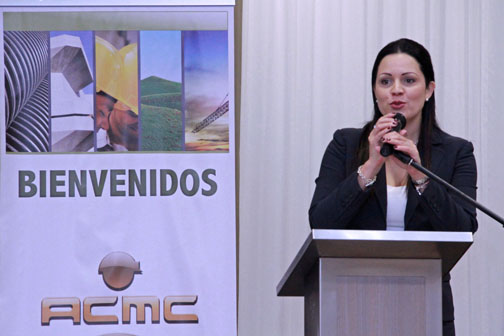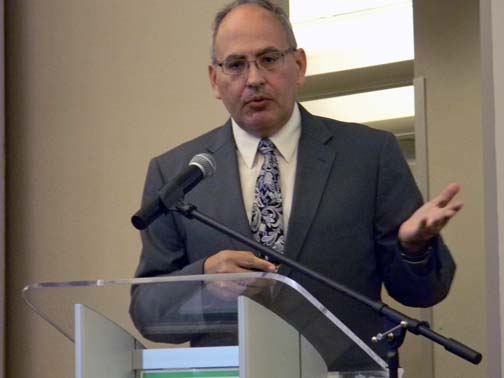Trade groups ask Legislature to hold off on labor bills

Looking to avoid further increases in operating costs that prevent the island’s productive sector from contributing to Puerto Rico’s socioeconomic development despite the ongoing fiscal crisis, a group of associations on Thursday asked for a moratorium on the approval of certain labor laws being considered in the Legislature.
“In these times of uncertainty and crisis that we’re experiencing, we’re surprised that it further burdening the private sector with labor measures is being considered, because clearly what we should be thinking about is the future of Puerto Rico and its economic recovery,” group Spokesperson Lymaris Otero said.
The coalition — which includes the Puerto Rico Telecommunications Alliance, the Puerto Rico Association of Small Inn (“Paradores”) Owners, the Puerto Rico Hotel & Tourism Association, the Puerto Rico Builders Association, the Puerto Rico Chamber of Commerce, the Puerto Rico Restaurant Association, the Association of Construction Materials Merchants, the Puerto Rico Products Association and the Retail Commerce Association of Puerto Rico — claims the dozen or so bills circulating “may seem sympathetic on the surface, they would take a stab against the island’s productive sector.”
If approved, some of the measures — including Senate Bills 1195, 1239 and 1305, among others — represent more operational costs to businesses because they modify the provisions for minimum wage and days for vacation or illness, among other things.
“Instead of encouraging the creation or retention of much-needed jobs in Puerto Rico, these measures will result in more layoffs and business closures,” said Otero, stressing that the job market has been shrinking for 37 months in an “alarming and uninterrupted” way and that in March, the number of people employed fell by 13,000, according to Labor Department statistics.
While the group acknowledged the government has had to take “drastic measures” to face the tough fiscal situation and public debt “their effect on the costs of doing business on the island is untenable,” she said.
“We have to deal with increasing sales and use tax, which is projected to cost $1.8 billion for the productive sector and consumers in 19 months, plus cost increases in electricity, water, fuel and other utilities, and if they now consider imposing new burdens on labor, it would be devastating for businesses,” she said.
In the same way the government has asked for moratoriums to pay the island’s public debt, the group asked the legislature to “give us a break, give us a moratorium on more and new burdens on labor costs,” Otero said.








